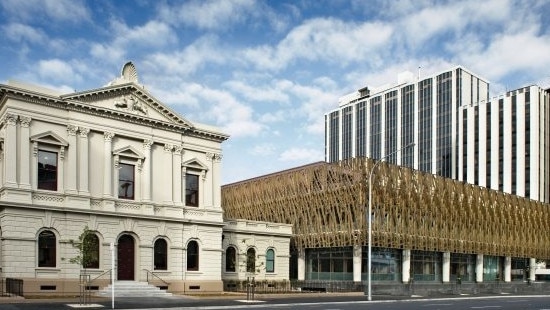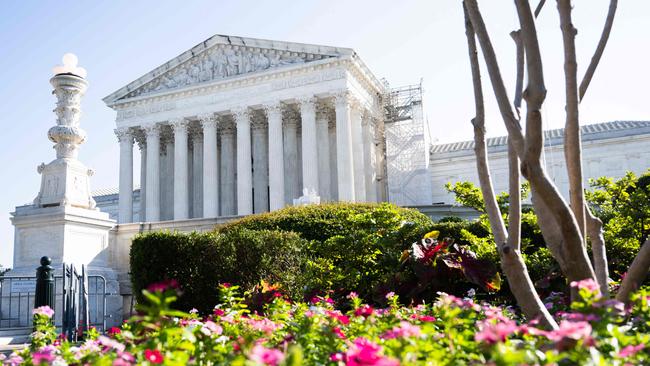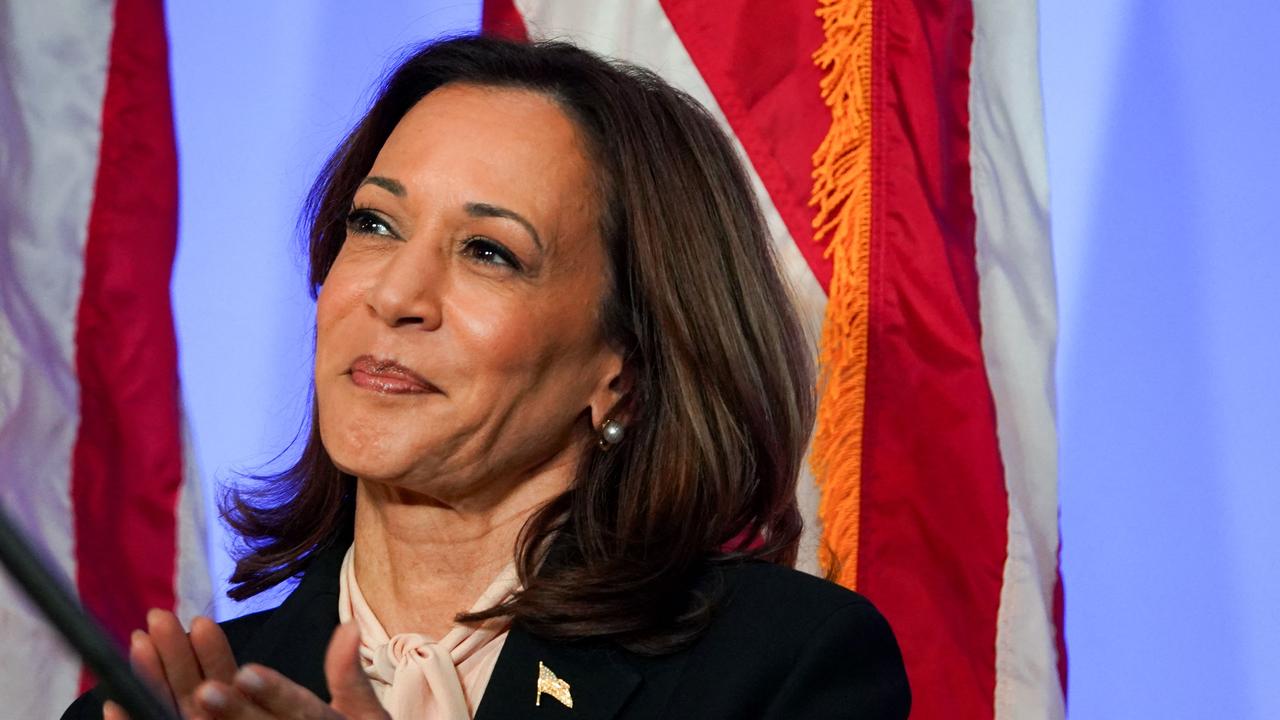
In February this year, I wrote about a surprising decision from New Zealand’s Supreme Court (Absurd: New Zealand courts can now decide on climate change). The Court allowed a climate change case against seven large companies to proceed, despite New Zealand’s emissions being a mere rounding error in global terms.
This decision was not an isolated incident. It contributed to a much larger debate brewing in New Zealand’s legal circles. That debate has implications that reach far beyond New Zealand’s shores.
Twenty years have passed since New Zealand established its own Supreme Court, ending appeals to the Privy Council in London.
Earlier this year, Jack Hodder KC, a respected lawyer who was involved in the Supreme Court’s establishment two decades ago, reflected on this anniversary. In a much-discussed paper, Hodder delivered a stern critique of its recent decisions (albeit wrapped in the politest legal prose).
Presciently, he also warned of “unprecedentedly sharp political debate” about the Court’s role. Now, with a new report from my own organisation, The New Zealand Initiative, that debate has arrived in earnest.
Authored by our chair Roger Partridge, a former litigation partner and chair at one of New Zealand’s leading law firms, Who Makes the Law? Reining in the Supreme Court argues that New Zealand’s highest court has strayed beyond its proper bounds.
Both Hodder and Partridge have sounded alarm bells about two key issues. First, they claim the Supreme Court has adopted a troublingly loose approach to interpreting laws passed by parliament.
Second, they argue the court is reshaping long-standing legal principles based on judges’ perceptions of changing social values.
This shift, they contend, blurs the line between the courts’ role in judging disputes and parliament’s job of making laws.
To illustrate their concerns, let us look at three recent cases that have raised eyebrows in recent years.
In the 2022 ‘Ellis’ case, the New Zealand Supreme Court considered whether a deceased person’s appeal against criminal convictions could continue. Its decision broke with the common law tradition that legal rights typically end with death. Despite no Māori connection to the case, the Court took it upon itself to consider Māori customary law (tikanga) in its decision-making. This overturned long-standing rules without setting out a clear new framework, creating uncertainty in the legal system.
The 2021 ‘Fitzgerald’ case concerned New Zealand’s controversial ‘three strikes’ sentencing law, which mandated maximum sentences for repeat offenders. Despite clear statutory language requiring judges to impose maximum sentences for third-strike offences no matter what, the Supreme Court effectively rewrote the law to avoid what it saw as an unjust outcome in a case involving a relatively minor offence.

In the 2022 ‘Make it 16’ case about lowering the voting age, the Supreme Court waded into what many would consider deeply political waters. It declared the voting age of 18 inconsistent with New Zealand’s Bill of Rights, despite the Bill of Rights itself expressly protecting voting rights only for those aged 18 and over.
These cases, Partridge argues, show a court increasingly willing to stretch or ignore clear statutory language and reshape common law principles based on judges’ views of societal values.
This judicial activism has serious implications. When unelected judges make decisions that look more like policy choices, it chips away at the idea that our laws come from the people we elect. It is as if the referee in a football match started changing the rules mid-game, picked up the ball and joined one of the two teams.
Moreover, it introduces uncertainty into the legal system. Imagine trying to play a game in which the rules might change at any moment based on the referee’s personal views. That is the situation businesses and individuals face when they can no longer rely on clear laws or past court decisions to guide their actions.
If you think this is just a New Zealand problem with no relevance elsewhere, you would be mistaken.
As Richard Ekins KC, Professor of Law and Constitutional Government at the University of Oxford, points out in his foreword to Partridge’s report, these are global issues.
Many countries with legal systems similar to New Zealand’s and Australia’s are grappling with questions about how much power courts should have. How much power should courts have to interpret or ‘develop’ the law? Where is the line between legitimate statutory interpretation and judicial lawmaking?
These are questions that resonate on both sides of the Tasman. If you are looking for an extreme example, just look at the US Supreme Court and how politicised it has become, especially in recent years.
So the problems are clear, but there are solutions, too – and our report lists them. They include targeted legislation to overturn problematic court decisions, amending key statutes to impose ‘guardrails’ against judicial overreach, and reforms to judicial appointment processes.
New Zealand’s experience offers a cautionary tale. When appeals to the Privy Council ended, some worried the new Supreme Court might become too activist. Those concerns, it seems, were not unfounded.
Australia, of course, also grapples with questions of judicial power and constitutional interpretation, and the New Zealand experience may provide some food for thought.
With the ongoing polarisation of politics, the debate over judicial activism is likely to intensify in coming years. It raises fundamental questions about the nature of democracy, the role of the judiciary and the balance of power in democratic systems. These are not abstract issues for lawyers.
These are fundamental questions for the whole of society.
In New Zealand, there is now an increasingly public debate about the role of our highest court. It is probably a debate that Australia should have as well.
The question at the heart of this debate is quite simple: who makes the law? The answer, it seems, is not as clear-cut as it once was.
Dr Oliver Hartwich is the Executive Director of The New Zealand Initiative (www.nzinitiative.org.nz).
Read related topics:Climate Change





